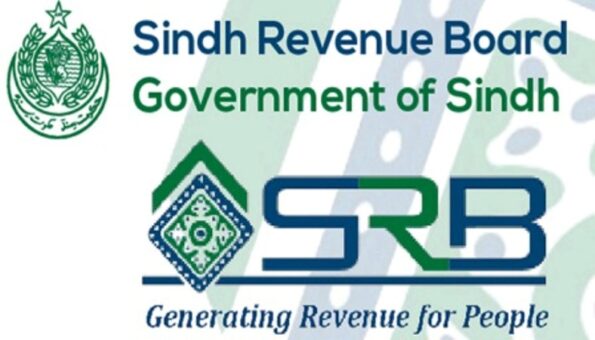KARACHI: Federal Board of Revenue (FBR) has been urged to exclude auto spare parts and motorcycles from the requirement of printing of retail price.
Karachi Chamber of Commerce and Industry (KCCI) in proposals for budget 2020/2021 submitted to the FBR, said that due to inclusion of motorcycle and automobile spare parts in the Third Schedule, to the Sales Tax Act, 1990 vide new serial No.49 in column (1) through the Finance Act, 2019, serious hardship is being faced by importers of motorcycle and automobile spare parts.
Under the amended procedure, importers are required to print MRP (Maximum Retail Price) on the imported parts and pay sales tax and additional sales tax on customs value.
The chamber said that importers were unable to determine the landed cost at the time of delivery of cargo at destination due to the fluctuations in exchange rates.
“It is not possible to determine the sale price of imported auto parts at which the retailers will sell the same to end-users.”
There is wide variation in sale prices by wholesalers and retailers. Importers cannot pre-determine and declare maximum retail price as required under the new regulations.
Due to market fluctuations and rapidly changing demand and supply situation, importers cannot determine the final sale price and sales tax accordingly at import stage.
Frequent and unpredictable fluctuation in exchange rates make it impracticable to forecast the actual landed cost and sale prices, the chamber said.
The KCCI proposed that motorcycle and auto parts are not a consumer product /grocery item which may require MRP to be printed on the product. It is an industrial use product, supporting Pakistan’s auto industry and meeting the requirements of after-market.
“Therefore the automobile/motorcycle spare parts may be taken out of Third Schedule and included in normal tax regime for assessment of Customs Duty, Sales Tax and WHT etc.
Customs authorities have the competency to assess the values and levy the Custom Duty and Taxes accordingly.
The KCCI said that the proposed amendment would facilitate importers and dealers in customs clearance and avoid detention and demurrage charges.
Curtail rampant smuggling which has been on the rise after inclusion of Autoparts in Third Schedule.
Further it would support automobile industry and after market. Prevent delays in clearance and resulting costs.



